Last updated: November 20, 2023
Profiles of Successful Generative Artists and Their Landmark Achievements
Generative art, a fusion of creativity and computational prowess, has witnessed a remarkable surge in popularity and commercial success in recent years.

This article delves into the careers of some of the most influential generative artists, highlighting key spikes in their artistic journey and significant revenue milestones.
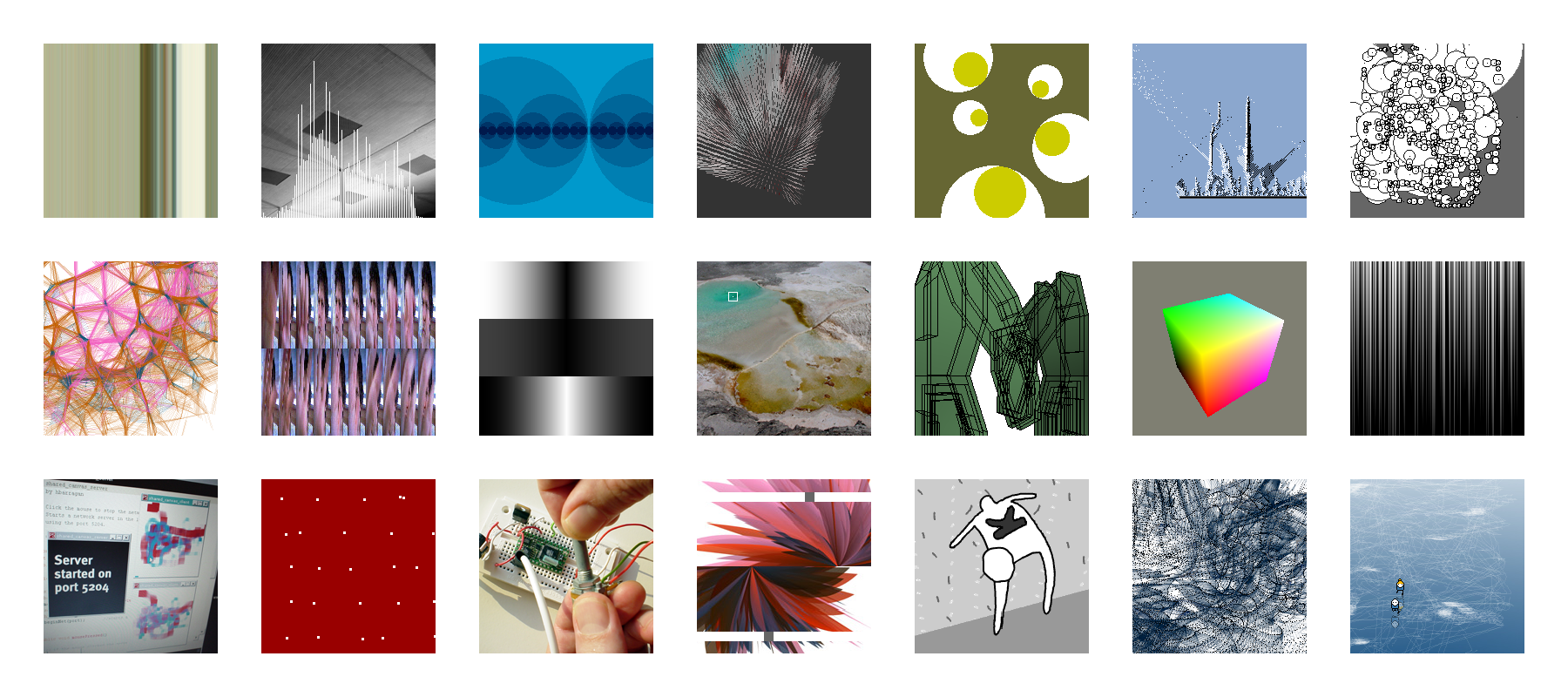
1. Ben Fry & Casey Reas - The Pioneers of Processing
Co-creators of Processing, a programming language and environment hailed for its pivotal role in the generative art and creative coding communities. The launch of Processing in 2001 marked a significant turning point, democratizing the field and influencing a generation of artists and designers. While direct revenue from Processing is not the primary focus, its influence has been instrumental in the commercial success of countless digital artists.

2. Joshua Davis - The Rule-Breaker
Known for his pioneering work in algorithmic image creation and color theory, Davis’s work has been a significant influence in generative and web-based art. His exhibition “Data Diaries” (2002), which showcased his unique approach to generative compositions, brought him substantial acclaim. Davis’s pieces have fetched high prices in galleries and online platforms, though specific figures are often kept private.
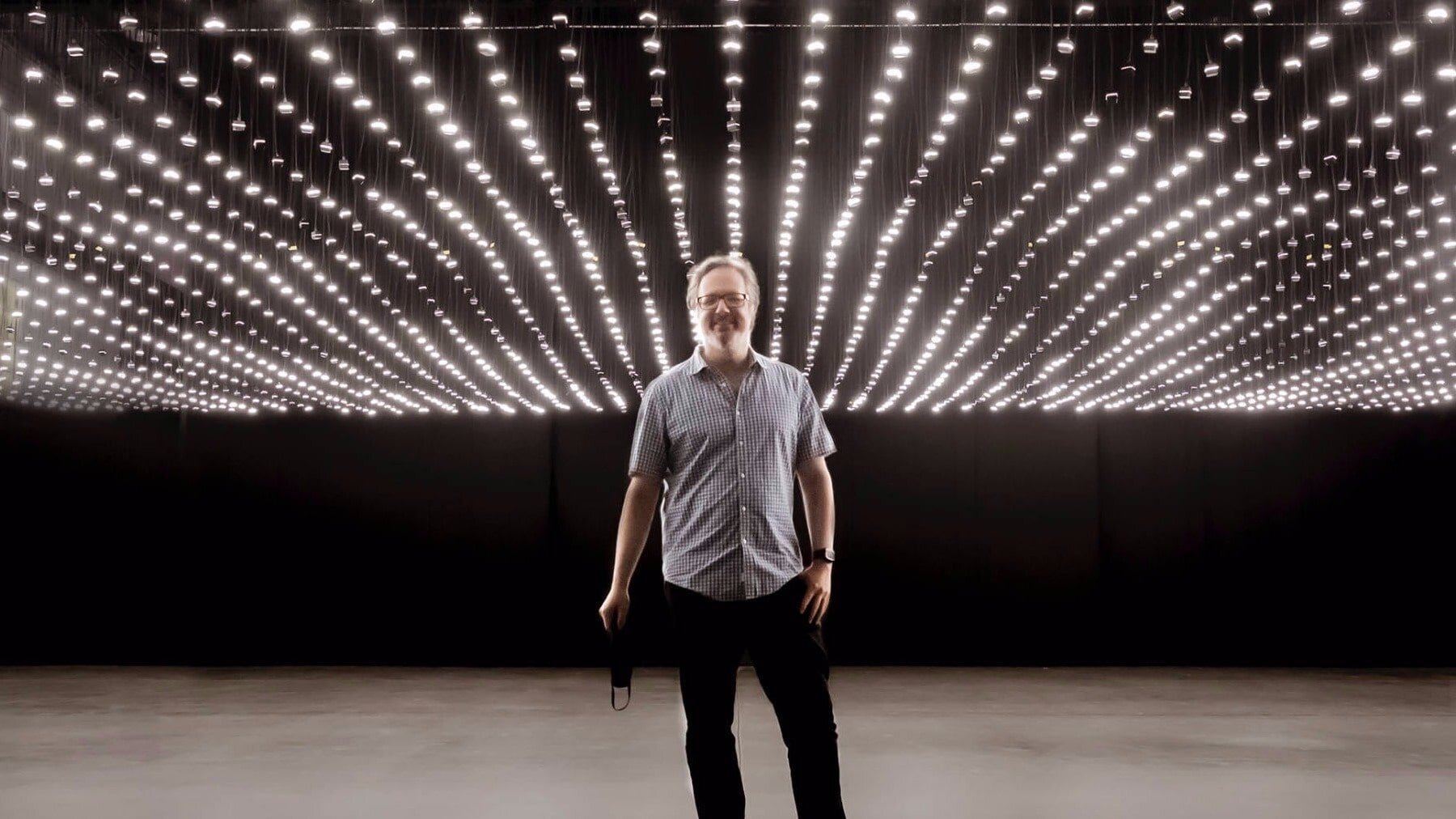
3. Rafael Lozano-Hemmer - Blending Art and Interactivity
Lozano-Hemmer is renowned for his large-scale interactive installations that often incorporate generative processes. His project “Pulse Room” (2006), featuring light bulbs pulsating with visitors’ heartbeats, received global recognition and marked a significant point in his career. While exact sales figures are elusive, Lozano-Hemmer’s installations have been commissioned by major events and institutions worldwide, indicating substantial financial success.
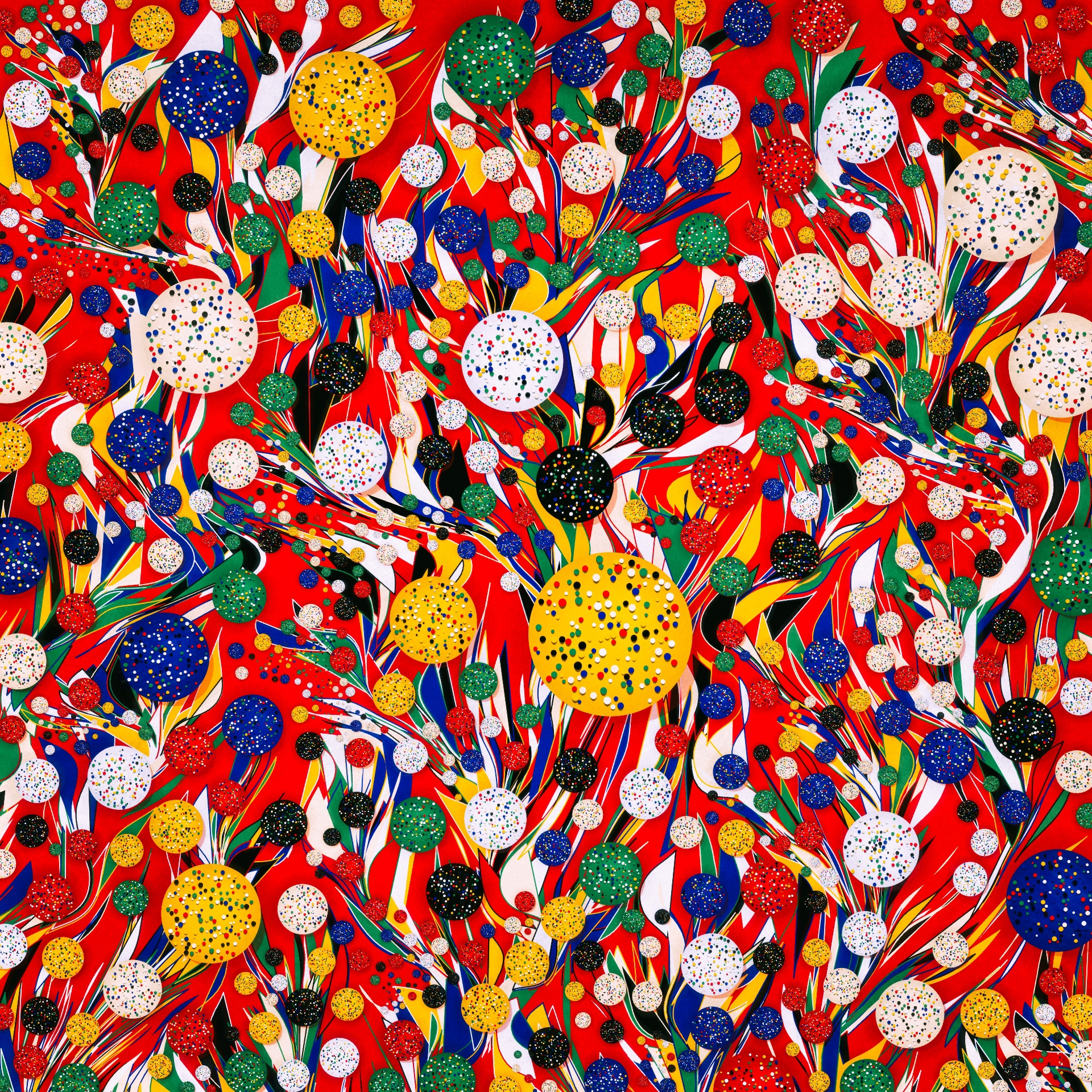
4. Manolo Gamboa Naon - The Abstract Composer
Naon’s work is celebrated for its complex, organic forms and intricate use of color and geometry. His series “Non-Linear” has been particularly successful, garnering attention in both the art world and online communities. His works, especially limited edition prints, have seen significant sales, though exact revenue figures are not publicly disclosed.
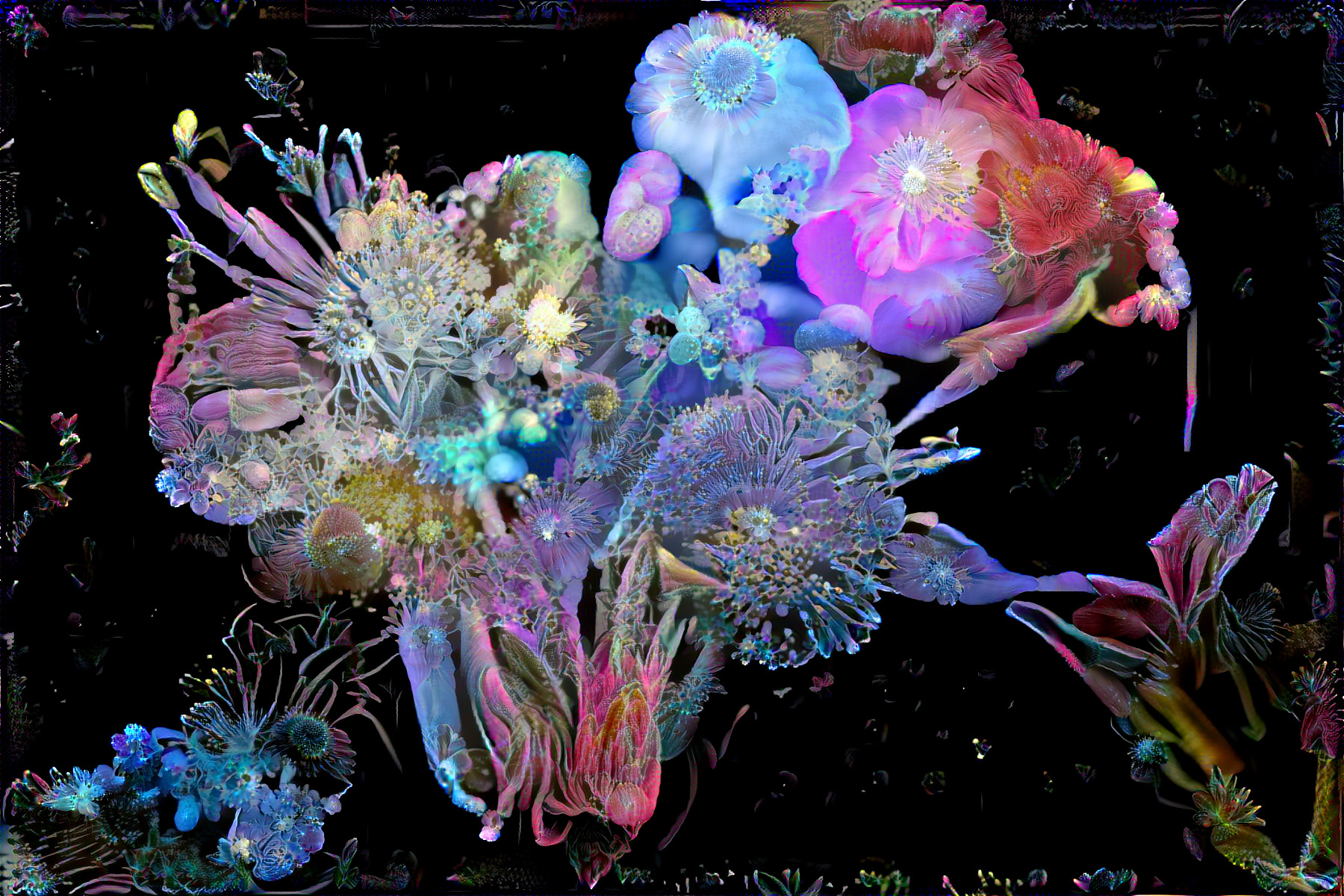
5. Sofia Crespo - AI and Natural Forms
Crespo is at the forefront of using AI in generative art, focusing on the intersection of natural imagery and machine learning. Her “Neural Zoo” series, which explores how neural networks interpret nature, has been critically acclaimed. Crespo's works, particularly in digital formats, have been highly sought after, with sales increasing notably with the rise of NFTs.
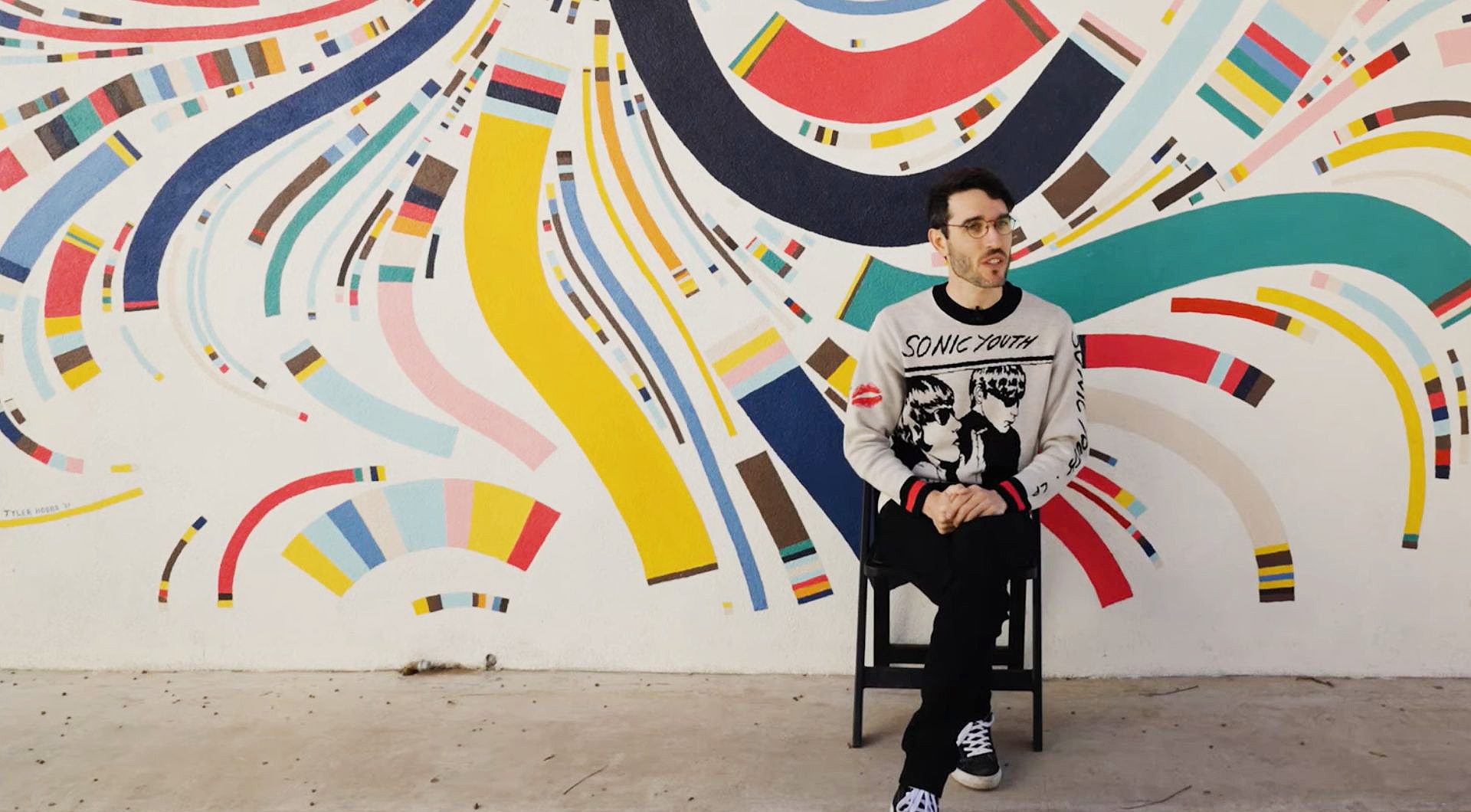
6. Tyler Hobbs - The Algorithmic Artist
Known for his algorithmically generated works, Hobbs combines programming skills with a deep understanding of painting and drawing. The launch of his Fidenza series on the Art Blocks platform marked a turning point, quickly becoming one of the most coveted in the NFT space. A Fidenza piece sold for over $3 million in 2021, indicating the high market value of his work in the NFT realm.

7. Mario Klingemann - The Neural Artisan
Klingemann, a pioneer in using neural networks for artistic creation, is renowned for his experiments with AI and machine learning. His piece “Memories of Passersby I”, an AI installation that generates portraits, marked a significant moment in his career when it was sold at a major auction house. The sale of this piece signified one of the first major auction sales for AI-generated art, marking a milestone in the commercial recognition of generative art.

8. Anna Ridler - The Data Storyteller
Ridler is known for her works that blend generative art with storytelling, often using large datasets to create visual narratives. Her project “Mosaic Virus” gained considerable attention for its use of AI to generate tulip images based on fluctuating Bitcoin prices. While specific sales figures are not widely publicized, her innovative approach has earned her numerous commissions and grants.

9. Zach Lieberman - Exploring Motion and Sound
Co-founder of the School for Poetic Computation, Lieberman’s work often involves creating interactive installations that explore movement and sound. His project “Eyewriter”, which helped a graffiti artist with ALS draw using eye movement, received global acclaim and awards. Lieberman’s installations are featured in various prestigious venues, reflecting a successful career in both artistic and commercial terms.

10. Refik Anadol - The Digital Architect
Anadol combines data, machine learning, and large-scale projections to create immersive public art installations. His installation “Waves” at the Istanbul Airport, using real-time data, was a groundbreaking work in the field of data-driven generative art. Anadol’s works have been commissioned worldwide, and his installations often represent significant investment by public and private entities.
11. LIA - The Digital Minimalist
One of the early pioneers in software art, LIA’s works are known for their minimalist aesthetic and intricate use of algorithmic patterns. Her transition from web-based works to physical digital installations marked a new phase in her artistic career, gaining her wider recognition. LIA’s art has been exhibited globally, and her pieces, especially in digital formats, have been well-received in the art market.
Last updated: November 20, 2023